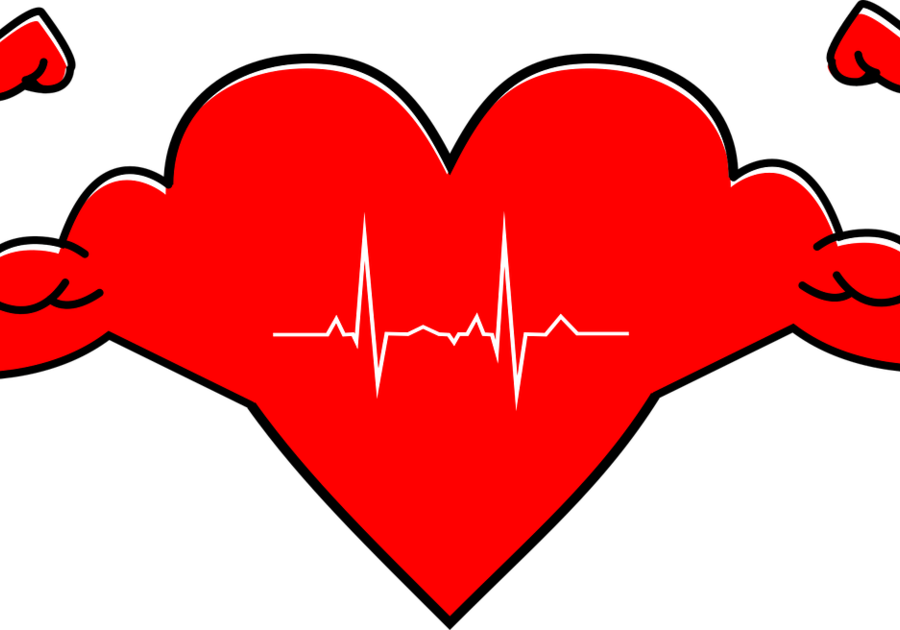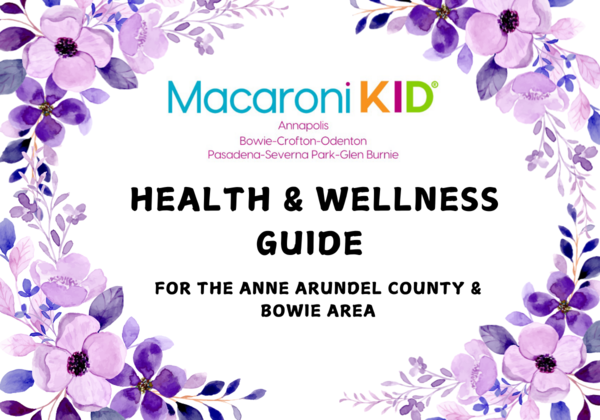How To Tell If Your Heart Is Healthy
For all who do not know, February is National Heart Month. How can we know for sure that your heart is getting everything it needs to work as efficiently as possible? The truth is, most people have no idea how well this organ is functioning.
The heart is the only muscle in the body that constantly works every second of every day of your life, even when you sleep. No other muscle contracts to this extent, which makes this muscle a measurement of how healthy you are overall.
“The heart is the most reflective muscle of balanced nutrition or malnutrition” Dr. Royal Lee wrote this in the 1930s. He used an amazing machine that could record the movement of the heart, unlike anything we had ever seen. This recorder can be used to show people how well their heart is really working. Once the original graph is obtained, the client takes recommended supplements to improve the nutrition of the heart, and before your eyes can watch your heart graph improve. It’s an amazing invention that is still in use today in some holistic centers. It is the single most effective way to help your heart, before you ever know anything is wrong.
Measuring Heart Health
There are three main components in measuring the heart’s overall nutritional health: the rate , rhythm, and tone of the muscle itself.
- The rate is controlled by the 2 sides of the nervous system, one that makes the heart beat go faster and one that slows it down. This very basic concept is controlled by important elements in the food we eat. Without them the heart beat cannot be stable.
- The rhythm of the heart is two fold, when the heart is beating and when it is resting. It should have a regular ratio of both of these events to be healthy. If this does not occur, your heart can have problems that can over time lead up to more detrimental damage to the muscle and valves.
- The tone of the heart is how strong the muscle is when it contracts, this allows for the right amount of blood to pump through it so that the whole body can get the oxygen and nutrients it needs.
If the muscle is weak, just like if our leg muscles are weak, we do not perform to the level we should and over time can lead to other areas of the body being affected. For example, if your leg muscles are weak they can start to affect your hips, knees and possibly your back. If the heart is not getting proper nutrition, the brain can lose oxygen and nutrients therefore affect your memory, sleep, mood, and concentration.
Often we hear stories about a friend or family member who was a healthy person who ran or exercised all the time, yet died from a heart attack. We ask, "How could that happen to someone like that?"
Nutritional Needs
There are nutritional needs of the heart that you may not be aware of, or you may not be getting enough of. Unfortunately our food supplies do not have the amount of nutritional value that they had 40 years ago. The plants do not have the nutritional value to provide what we need to fully function unless we eat massive quantities of them. An example of this decrease in value is in spinach, you would have to eat 40 cups of spinach today to equal the amount of nutrients 1 cup had 30 years ago.
Whole food supplements are the only way of getting these perfectly blended vitamins outside of eating massive amounts of vegetables and fruits. Most vitamin sources that are made in pharmaceutical centers are not of this grade or quality and often have components that make the body work to use them. Whole food supplements are what we call bioavailable, which means they are available for use by the body as is, in other words, you swallow it and it starts to help you. This bioavailable event can be seen on the heart sound recorder graph 15 minutes after you take the supplement. You can actually see how this nutrition will help you and your overall health just by watching your heart's reaction to taking it.
Vitamins To Help Your Heart
Some of the key nutritional needs of the heart are certain B vitamins, two of which are B1 and B4, but not all vitamins are the same. B4 is essential for heart function but can only be obtained through diet or whole food supplements. These vitamins must be ingested every day because it is excreted in small amounts over the course of the day in the urine. This means our heart function goes down if we do not have these in our diets daily.
Challenge yourself for the month of February to eat more foods that will help improve your heart’s function, like berries, leafy green vegetables, beets and fatty fish. Also, consider taking heart-healthy vitamins, exercise in moderation (if you are healthy enough to do so) and drink plenty of water.
Happy Heart Month! ♥️
Raelynn Torzone is Chief Nutrition Practitioner at Natural Benefits in Annapolis, MD.
Don't forget to check our calendar for other fun events and activities HERE.
Want to be one of the first to know about all of the awesome, family-friendly events and activities going on in Pasadena, Severna Park, Glen Burnie and surrounding areas? Get your FREE local event calendar in your inbox HERE.
Know of a great local event that isn't on our calendar? Submit it HERE.











